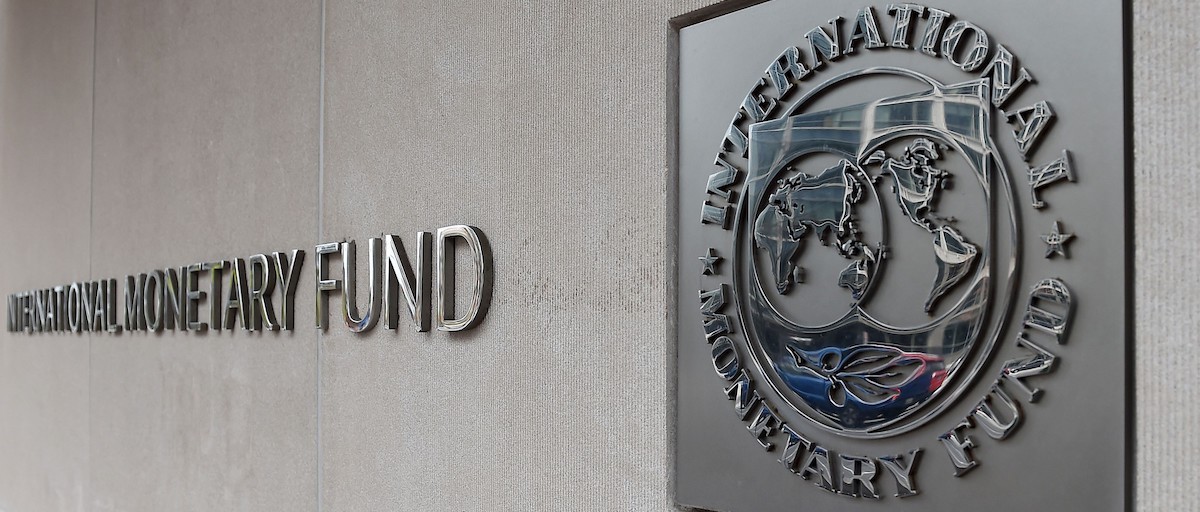Pay WB first, then we talk: IMF
THE International Monetary Fund (IMF) delivered another blow to Zimbabwe’s debt crisis yesterday, saying Harare will not qualify for a special debt relief programme until it pays off its debt to the World Bank (WB).
The southern African country has cleared its debt with the IMF, but still owes the WB US$1,52 billion.
IMF spokesperson Gerry Rice told a media briefing in Washington that Zimbabwe would have to wait until conditions for international reengagement are in place and arrears to WB are resolved to qualify for the initiative, which is called the “common framework”.
Last month, an IMF team led by Dhaneshwar Ghura held Article IV consultations with authorities in Harare.
During the meeting, the lender said the threat to the country’s growth plans remained an unsustainable debt.
Last week, government said external debt increased to US$13,7 billion in September, from about US$10,7 billion last year.
The debt represents over half of Zimbabwe’s gross domestic product.
“Zimbabwe is currently not eligible to make a request for debt relief under the Common Framework because of its arrears to the World Bank. Once the conditions for international re-engagement are in place and arrears to the bank, the World Bank, are resolved, what I can tell you is we believe the common framework could be a useful option to address Zimbabwe’s debt difficulties and of course for its part, the international community requires improvements also in domestic political conditions and economic policies to initiate re-engagement,” Rice said.
The common framework refers to an IMF initiative endorsed by the G20 and Paris Club that co-ordinates official creditors to provide debt treatments when they are needed by developing countries eligible for the debt service suspension.
According to the IMF, debt treatments under the common framework are initiated at the request of a debtor country on a case-by-case basis.
The framework is designed to ensure broad participation of creditors with fair burden sharing.
“The common framework can be used to address a wide range of sovereign debt challenges of eligible countries: For countries where public debt is not sustainable, it can provide a deep debt restructuring, with a reduction in the net present value of debt sufficient to restore sustainability,” the IMF said.
“For countries with sustainable debt but liquidity issues, it can provide a deferral of a portion of debt service payments for a number of years that can ease financing pressures. This type of treatment is often referred to as a rescheduling or reprofiling. Such a debt treatment can also benefit countries where high debt service payments are a source of debt vulnerability.”
In November 2020, G20 finance ministers and central bank governors agreed to the “common framework for debt treatments beyond the debt service suspension initiative”, which was also endorsed by the Paris Club.
The agreement was to help G20 and Paris Club countries co-ordinate and co-operate on debt treatments for up to 73 low-income countries that are eligible for the debt service suspension initiative.
However, due to its unsustainable debt and poor repayment record, Zimbabwe has been excluded from the initiative.-newsday











